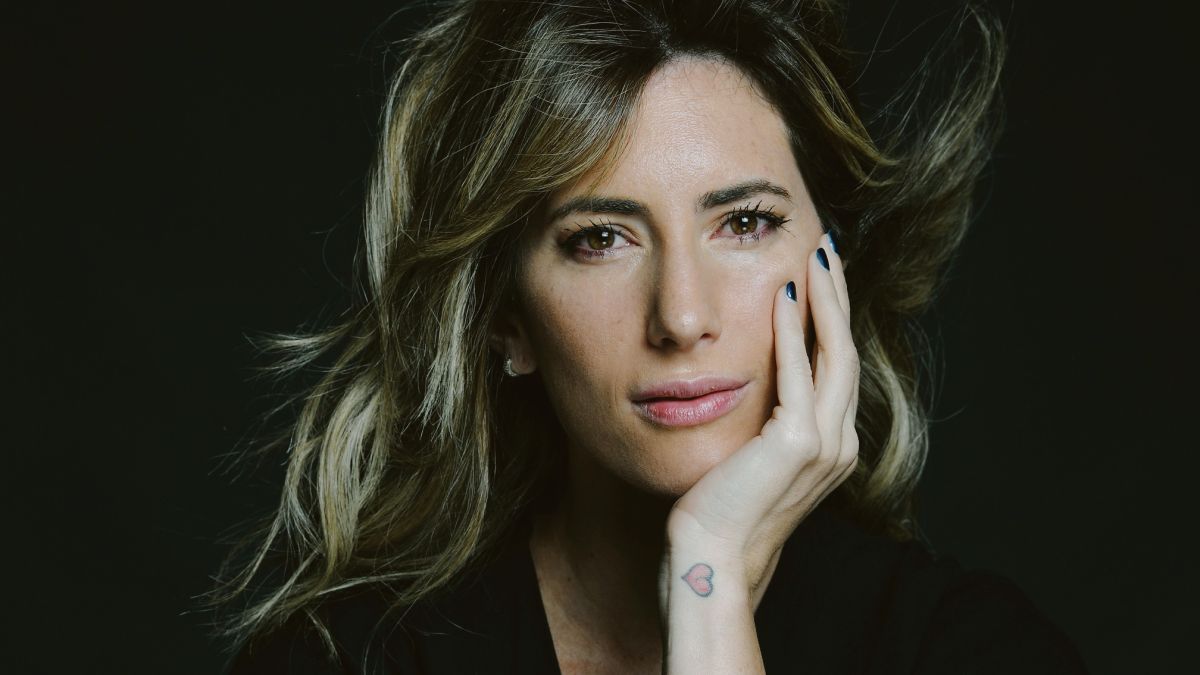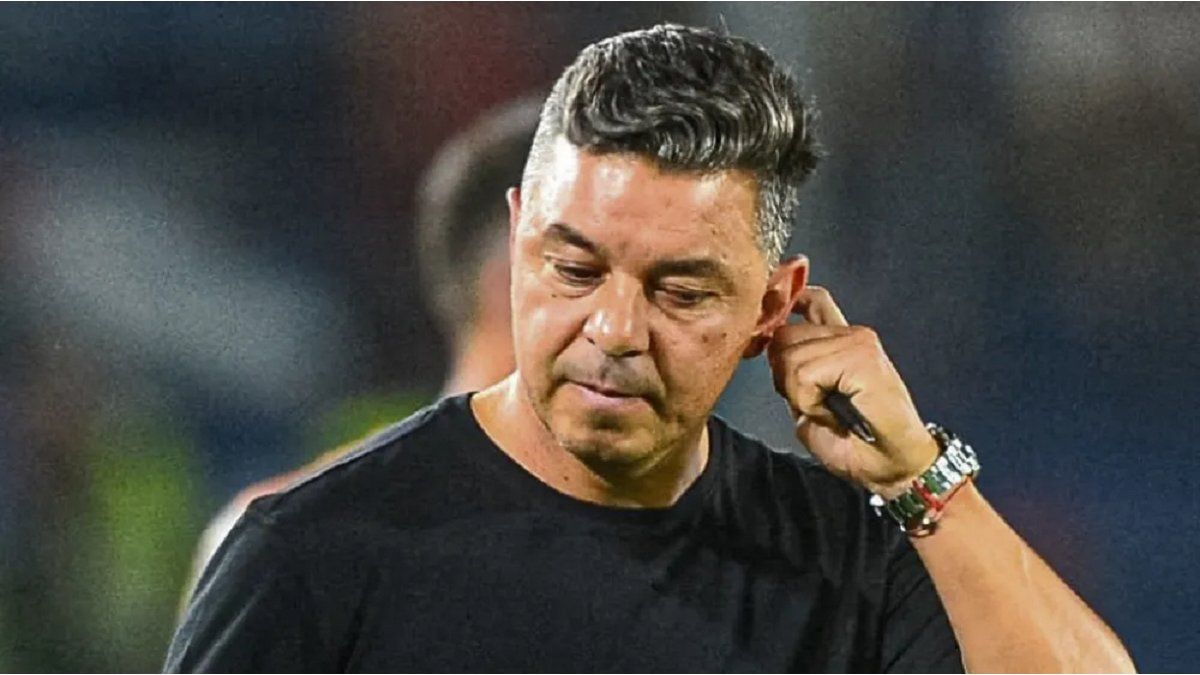Daniela Pantano: My previous work was my idea but I was guiding whoever wrote it, I wasn’t encouraged. It told the life of Marilyn Monroe and her relationship with Arthur Miller. In this case, many things happened during the writing, I got pregnant, my dad died, it was difficult for me to resume it and when we started rehearsing it was the time to tell it, post-pandemic.
Q.: The play has a parallel with what you went through in real life.
PD: Yes, I wrote that the character was having contractions and when it happened to me later in my pregnancy that was already written. In the same way, I began to write her with her father in hospital and although the doctors said that she was going to get out, later she died. All this also appears in the work. It speaks of the life that ends and another that begins.
Q.: Why did you want to address the father-daughter bond?
PD: I feel like it’s not as explored as the mother-daughter one. I had a complicated relationship with him, he was addicted, and then the process of forgiving, of understanding, is shown. I never got angry and understood that he did what he could. It was a busy life of coming and going through hospitals and institutions. But we took the issue of addictions out of the work, it didn’t add up.
Q.: What other things changed?
PD: If you listen to the story, it sounds like a drama but it’s fun, and that has to do with the tone that Dennis sought, he wanted it endearing and with a bond of complicity. They hate each other, they love each other, and the death of a father or my reaction to that doesn’t count, it counts more. One suffers but tragicomic situations appear. Another resource to count so many phone calls that were in the script was the ukulele, which generates a nice device. In short, my father and I are a mirror in the work.
Q.: When you started writing you had an intention, did you transform during the process?
PD: Yes, I wanted to do a monologue, but the need arose for the father figure to appear. My idea was to be alone on stage, but since the character of the father had a long way to go, I added him. You write with an idea in your head but sometimes you can’t, you need more. I began to write with anecdotes, I remember that at first I cried when he read it, and then I did the exercise of distancing myself from what he was telling. There is a lot of fiction but there are specific things exactly the way I told my dad. And the image of him comes to me at that moment.
Q.: What other topics does the work touch on?
PD: The awareness of how parents mark, of how one is tied, but now that I am a mother I think that I do the best I can and I try to modify and be the owner of my life. I believe that those links mark us and that one is from that. The key is to do something different to move forward without repeating yourself.
Q.: How do you see the performing arts today?
PD: I see the independent circuit strongly and I feel that the commercial is at a special moment, that’s why the standaperos and influencers fill up and we tend not to think too much. Of course there are also some interesting works, and a large audience and sold-out tickets for the official one. The independent moves the theatrical public that needs to see other materials. I’m in “Valeria Radioactiva” that has been filling up for four years and with people we don’t know, there’s no one outside waiting for us, it’s a genuine audience, not friends. Theater people are going more to the independent than to the commercial.
Source: Ambito
David William is a talented author who has made a name for himself in the world of writing. He is a professional author who writes on a wide range of topics, from general interest to opinion news. David is currently working as a writer at 24 hours worlds where he brings his unique perspective and in-depth research to his articles, making them both informative and engaging.




